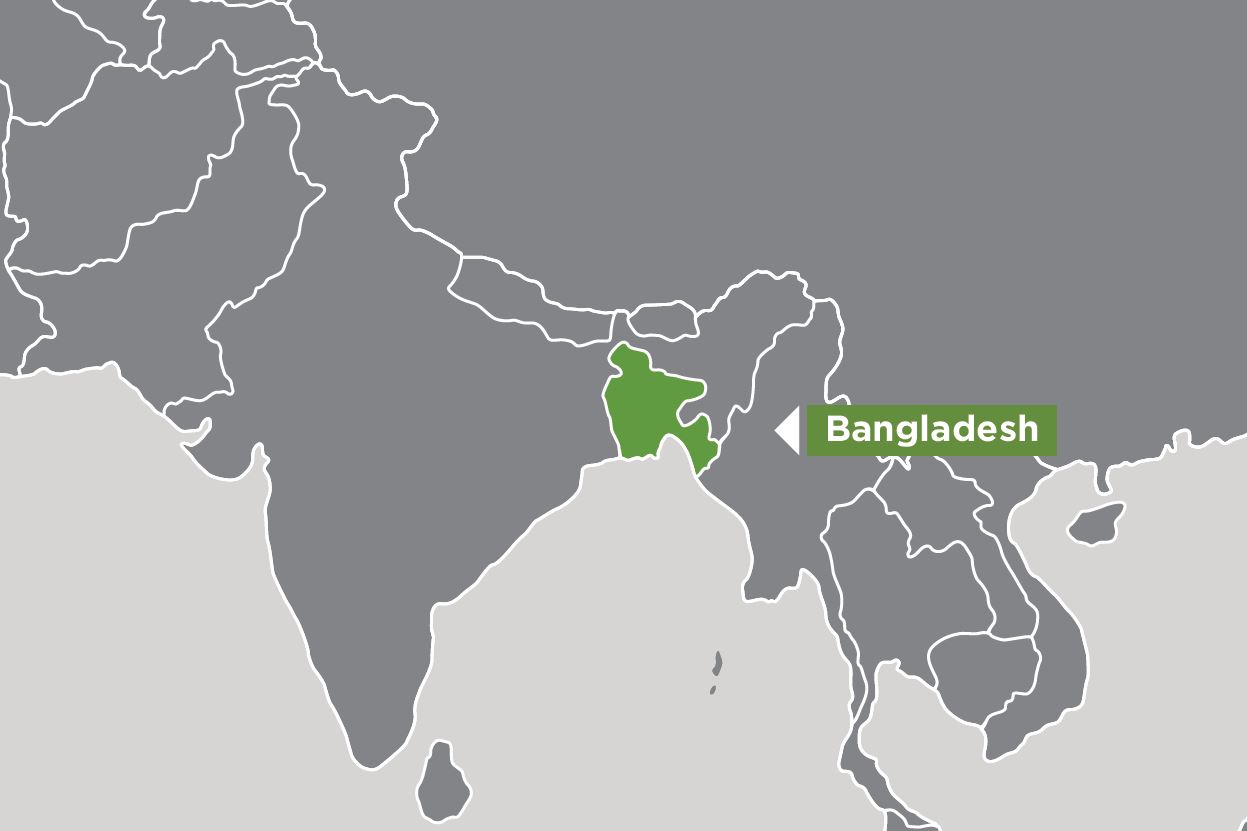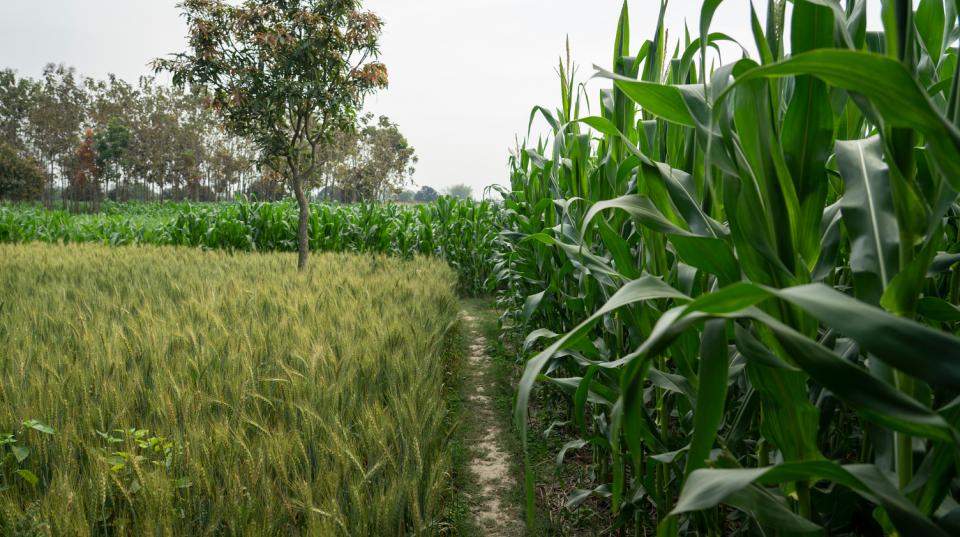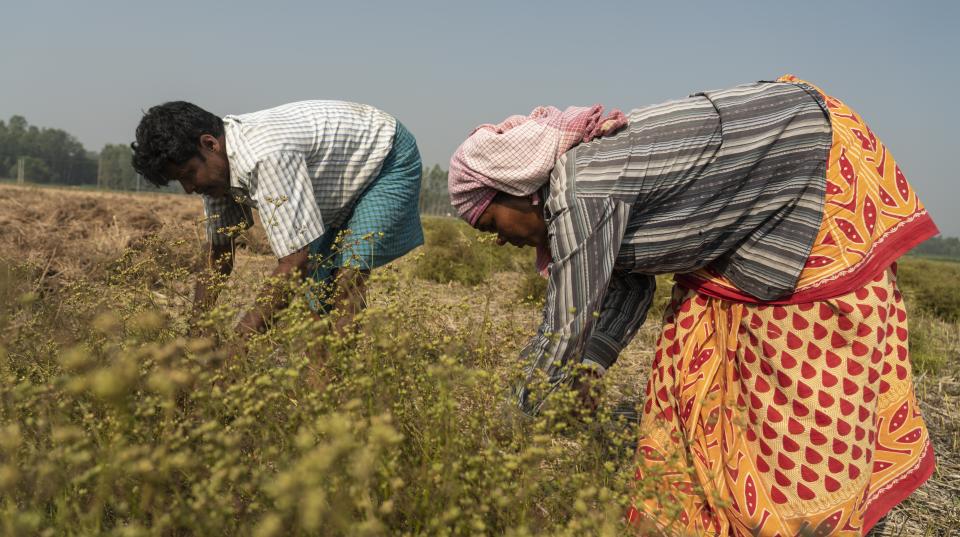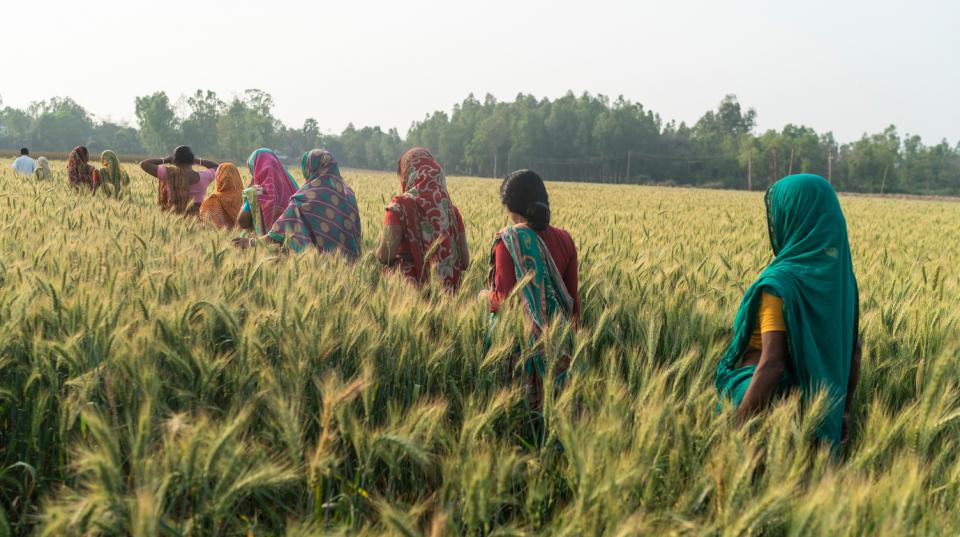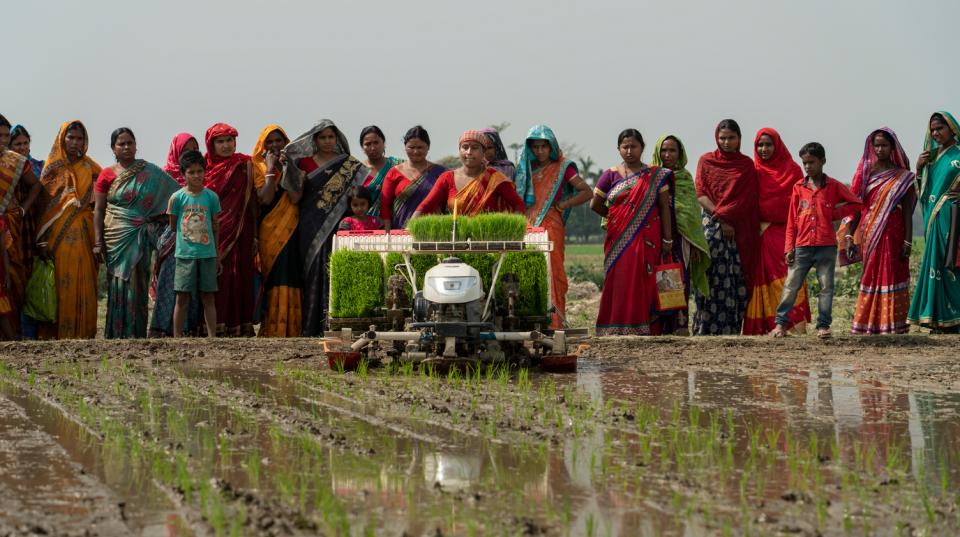Overview
This project aimed to increase the profitability and sustainability of intensive and emerging cropping systems in Bangladesh through improved nutrient management.
Cropping intensification underpins food security in Bangladesh. This raises questions about whether current nutrient management practices can achieve continued profitability and sustainability, which is the focus of this project.
This project is also in line with the shift in the Australia–Bangladesh country strategy towards a farming systems approach with broader food security goals. This approach includes research on conservation agriculture, farm mechanisation, saline land management and adaptation to climate change, particularly in rice–wheat and rice–maize systems.
This project will be co-funded and managed between ACIAR and the Krishi Gobeshona Foundation with the aim of strengthening both the impacts on farms and research capacity within Bangladesh.
Project outcomes
- Identify differences between current and recommended fertiliser use on farms, gather evidence of nutrient imbalances and identify barriers to adoption of more profitable and sustainable nutrient management practices.
- Develop and test tools for sustainable nutrient management for intensively cropped areas of north-west Bangladesh, emerging cropping systems based on conservation agriculture and for coastal zone soils of southern Bangladesh.
- Out-scale the use of tools and inform the development of fertiliser policies to advance practice change towards improved fertiliser use efficiency through engagement with women and men in farmers’ groups, extension officers, and the private sector.
- Improve the knowledge of soil resources and capability for nutrient management by women and men farmers, research partners and key stakeholders.
